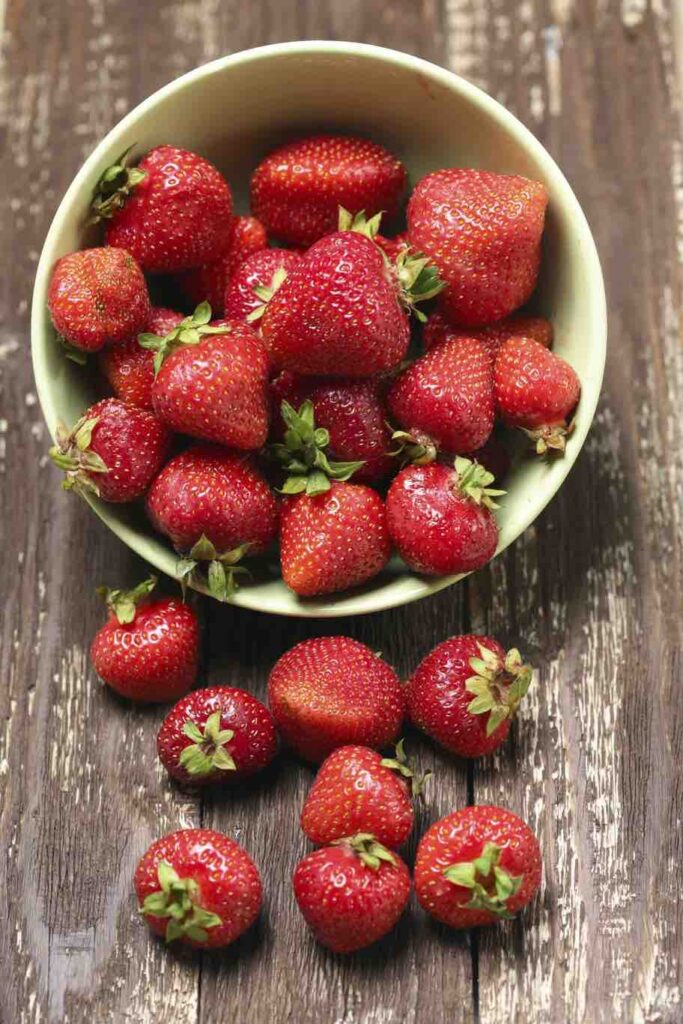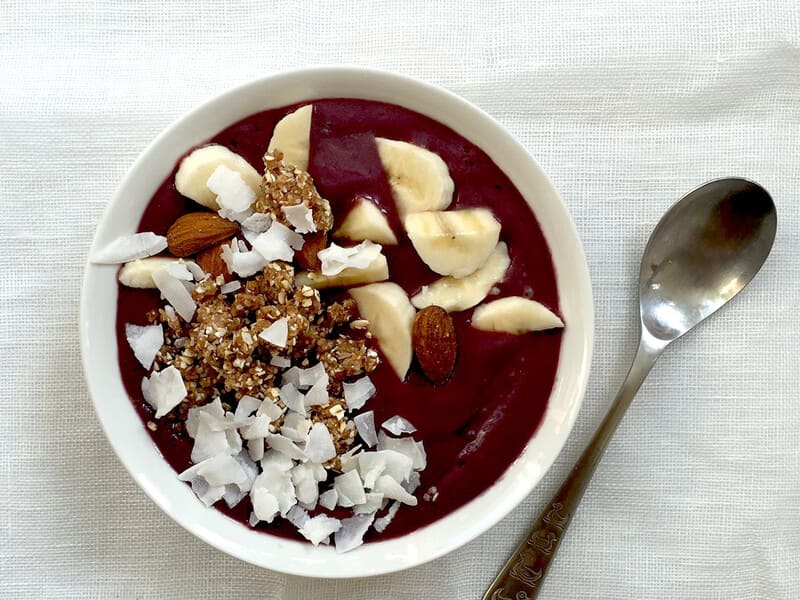The truth about sugars
What about sugars? People regularly get confused when it comes to sugars. Which sugars are good and which are bad? And can you live sugar-free? Are natural sugars Bad?
First of all: what are (natural) sugars?
Sugar is a sweet substance that falls under the category of carbohydrates. Sugar occurs naturally in dairy products, fruits and vegetables. There are two types of sugar: monosaccharides and disaccharides. The first are the simple sugars (carbohydrates), such as fructose (fruit sugar), galactose and glucose. These sugars are quickly absorbed into your body, giving you quick energy. Disaccharides include lactose (milk sugar), maltose and sucrose (beet or cane sugar). These sugars (carbohydrates) need a little longer to be absorbed into your body.

What does sugar do to your body?
Once you put sugar in your mouth, it breaks down into monosaccharides in the small intestine. After digestion, the carbohydrates mainly enter the blood as glucose. This is absorbed by the tissues, which can burn it. This creates energy that is necessary for certain bodily functions. Glucose can also be stored in the liver. This is your glycogen store. When you make a big effort, this comes in handy. For example, if you are going to exercise.
Soon after you eat sugar, your blood sugar level rises. In healthy people, this increase continues until about 1 to 2 hours after the meal, after which the level decreases again. This is due to the hormone insulin. This ensures that glucose from your blood into your cells. When the blood sugar level falls below a certain limit, the pancreas releases another hormone, namely glucagon. This will bring your blood sugar level back to normal.
Your body can only store little sugar, so carbohydrates from your food and drink are mainly burned. If you take in an excess of energy without using it, your body stores the energy as fat. This can lead to an increase in body fat.
Fast sugars (candy, cookies, cake, pastries, soft drinks and fruit juices) make your blood sugar rise quickly and then fall even faster, resulting in fatigue and even more sugar cravings. The risk of type 2 diabetes, obesity, tooth decay and greatly reduced resistance is also increased.
Slow (natural) sugars (whole grain products, brown rice, oatmeal, sweet potato, vegetables, fruit and legumes) give you a feeling of fullness for longer and ensure a stable blood sugar level. This makes you less hungry for sweets.
What are the functions of sugar?
Sugar acts as a flavor enhancer. It can “finish” the court. In addition, it is a perfect means to dim a spicy dish.
Besides the taste, sugar also acts as a preservative. The sugar preserves the taste, structure and firmness of fruits for a long time. An example of this is jam. With a sugar content above 62%, no spoilage occurs, because the bacteria cannot survive such a sweet environment.
In addition, sugar also works as a natural colorant, mood maker and provides firmness.
Is (natural) sugar bad for you?
Sugar isn’t all bad for you. You need it to think and move, to focus and concentrate. But it does matter in which form you take the sugars. If you take an apple or a whole-wheat sandwich, you will also get vitamins and minerals in addition to natural sugars. When you take a cookie, you don’t get this.
In addition, sugar is bad for your teeth. Bacteria in the mouth convert sugars into acid. This is of course bad for the tooth enamel and tooth tissue, which can lead to cavities.
At the moment there is no hard evidence that sugar causes extreme fatigue, hyperactivity or behavioral problems. However, it is possible that a shortage of nutrients arises with an excessive intake of sugars. Too much fructose can also cause intestinal problems.
The disadvantage of sugar is that your body cannot distinguish the different sugars. Whether you take natural sugars or unnatural sugars, your brain responds by producing insulin.
What is the alternative to sugar?
Eating completely sugar-free is impossible. You need sugar to think and move. Several foods that you need for a healthy diet contain (natural) sugar such as fruit, dairy and vegetables. You do not have to replace or avoid these. It is recommended, however, to reduce added sugars from fruit juices, soft drinks, sweets, desserts, biscuits, packets and sachets and prepackaged foods.
What you can do to reduce sugar is to go from ready-made to homemade. Buy all your herbs yourself and add them to your food, make your own soup or salad and make your own muesli.
Alternatives to ‘bad’ sugars are:
- (Dried fruit
- Natural sugars such as: raw honey, maple syrup & palm sugar/coconut blossom sugar
(Note: During the challenge we also do not take forms of natural sugar, because it is still sugar.)
The truth about sugars
How can you apply this in your daily life? Take the whole orange instead of the juice, do not add extra (unnatural) sugar to your food, choose whole wheat bread, spelled bread, brown rice, and replace sweet spreads and snacks with healthier products such as spreads, nuts and fruit.
